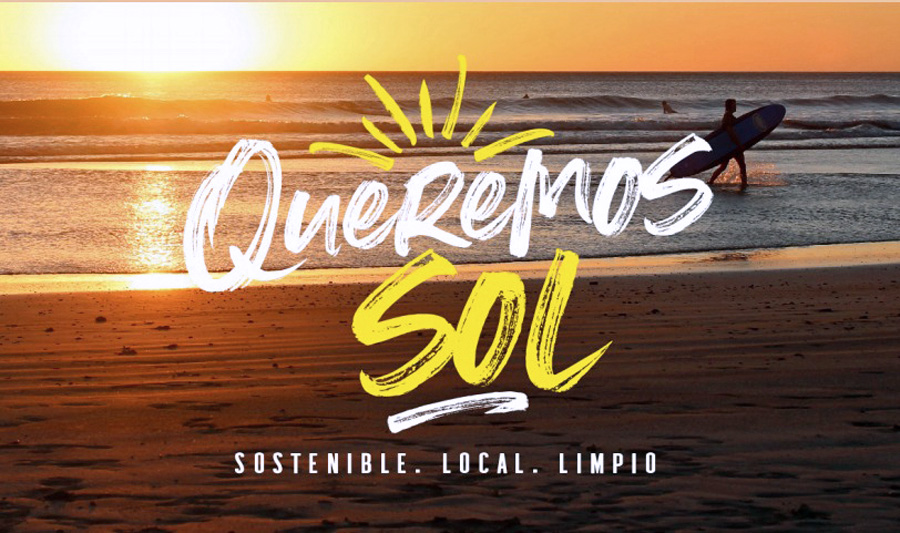‘We Want Sun’ report outlines path forward on Puerto Rican electricity policy

The Institute for Energy Economics and Financial Analysis published a report in concert with a coalition of Puerto Rican public policy organizations, labor organizations and energy experts detailing the island’s largely untapped possibilities in solar-powered electricity generation.
The report “Queremos Sol” (“We Want Sun”) outlines a power-system transformation that would place sustainability and self-sufficiency ahead of dependency on imported fossil fuels.
It aims to influence the Puerto Rican legislature’s forthcoming energy policy bill.
“Transitioning toward a model of 100 percent renewable energy is possible under policies that emphasizes efficiency, conservation and demand management,” said Cathy Kunkel, an IEEFA energy analyst.
“Such policies will wisely promote the development of solar energy, particularly rooftop solar, while accelerating the elimination of high-cost fossil fuel-fired power plants,” she said.
The report, published by way of a collaboration between environmental groups, labor interests and energy experts, proposes a system that is “accessible, efficient and equitable,” and that best addresses Puerto Rico’s need for affordable and reliable electricity generation, Kunkel said.
Contributors to the study are encouraging citizen participation in the island’s evolving power-generation policies and are advocating for a transparent shared governance model rooted in local ownership.
Agustín Irizarry-Rivera, a co-author of the report and a professor of energy and electrical engineering at the University of Puerto Rico in Mayagüez said, “We propose a decentralized energy system in which individuals, communities, municipalities and cooperatives would have more active roles in ownership of electrical system assets.”
“A privatization structure that requires the purchase of a specified quantity of energy would crowd out the entry of renewable energy into the system,” said Irizarry, who is also a former vice president and consumer representative on PREPA’s governing board.
The report proposes meeting 50 percent of Puerto Rico’s electricity needs (sun, wind, wave and ocean thermal energy) by 2035 and 100 percent by 2050.
Some of the plans core elements are:
- Reforming the governance of PREPA to increase transparency and public participation in policy-making.
- Blocking the proposed privatization of PREPA;
- Eliminating partisan politics and corruption from the PREPA’s decision-making processes;
- Responsibly financing the transformation and removing the cost of PREPA’s legacy debt burden from electric rates, and
- Strengthening the role of the island’s independent regulator to ensure policy compliance.
The plan has PREPA continuing to play an important role in the system but proposes a fundamental transformation of the utility’s business model. It calls for PREPA to modernize by promoting efficiency and conservation while better managing demand and facilitating the development and integration of distributed generation, especially solar.
“PREPA workers are ready to be part of a real transformation of the company under continued public ownership, one that permits us to contribute to the development of a new business model based on distributed renewable energy,” said Ángel Figueroa-Jaramillo, president of the Union of Electric and Irrigation Industry Workers, or UTIER for its initials in Spanish.
PREPA would administer integration of distributed generation systems and microgrids, participate in the development of large-scale renewable energy and storage, ensure accessible and reliable electric service, and undertake the accelerated and orderly retirement of fossil fuel-based generation.
“Puerto Rico is faced with the opportunity to transform its electrical system, but also with the threat of a dangerous course of action centered on private fossil fuel contracts,” said Ingrid Vila-Biaggi, president and co-founder of CAMBIO, a Puerto Rican public policy group.
“For this reason, we want to open up spaces for public dialogue and education on a viable alternative centered on the welfare of all Puerto Ricans,” she said.












